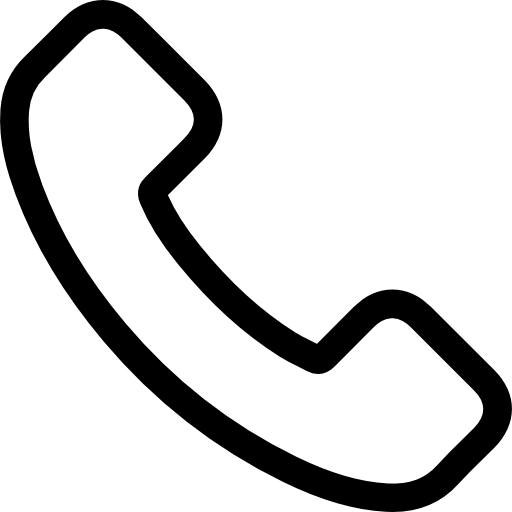Prescription Opioid Rehab
Prescription opioids, though meant to relieve pain, are often misused, leading to dependence and addiction. Treatment for prescription opioid addiction includes medical detox, medication-assisted treatment (MAT), and therapy to address both the physical and mental aspects of addiction.
Common Prescription Opioids:
- Morphine
- Codeine
- Hydrocodone (Vicodin)
- Oxycodone (Percocet)
- Fentanyl
Overcoming Prescription Opioid Addiction
Starting addiction treatment is a critical step toward recovery. Treatment options include inpatient and outpatient programs, where individuals receive medical and therapeutic care to help manage withdrawal and build coping strategies for long-term recovery.
Prescription Opioid Detox and Withdrawal
The first step in treatment is detox, where the body eliminates the opioids. Withdrawal symptoms can include cravings, anxiety, and physical discomfort, which is why medical supervision is crucial.
Medication-Assisted Treatment (MAT)
MAT involves the use of medications to help manage withdrawal symptoms and reduce cravings, making it easier for individuals to maintain recovery. Common MAT medications include:
- Buprenorphine: Helps ease withdrawal symptoms and reduces the risk of relapse.
- Methadone: Reduces cravings and withdrawal but requires daily medical supervision.
- Naltrexone: Blocks opioid receptors, preventing the effects of opioid use.
Therapy for Prescription Opioid Addiction
Therapies play a vital role in the recovery process. These include:
- Cognitive Behavioral Therapy (CBT): Helps individuals identify and change negative thoughts and behaviors that contribute to addiction.
- Contingency Management: Rewards individuals for positive behaviors, such as remaining drug-free, to encourage continued recovery.
With a combination of medical treatment and therapy, individuals can overcome opioid addiction and work towards a healthier future.
12-Step Programs for Opioid Recovery
Support group therapy is one of the oldest and most widely successful forms of therapy. Support groups create an open, judgment-free environment where peers can encourage one another and speak about their addiction struggles.
Studies have shown that if a person undergoing treatment becomes active in a support group, they have a better chance of overcoming their addiction.
Many support groups, such as Narcotics Anonymous (NA), use the 12-step program as a foundation for treatment. Each step in the 12-step program involves achieving a milestone that will bring a person closer to living addiction-free.
The 12 steps can be a long-term process that starts with admitting powerlessness against one’s addiction. Participants will also try to recognize a power greater than themselves and surrender themselves completely to that power.
 Call us:(+233) 0531380360
Call us:(+233) 0531380360  Email
Email 



